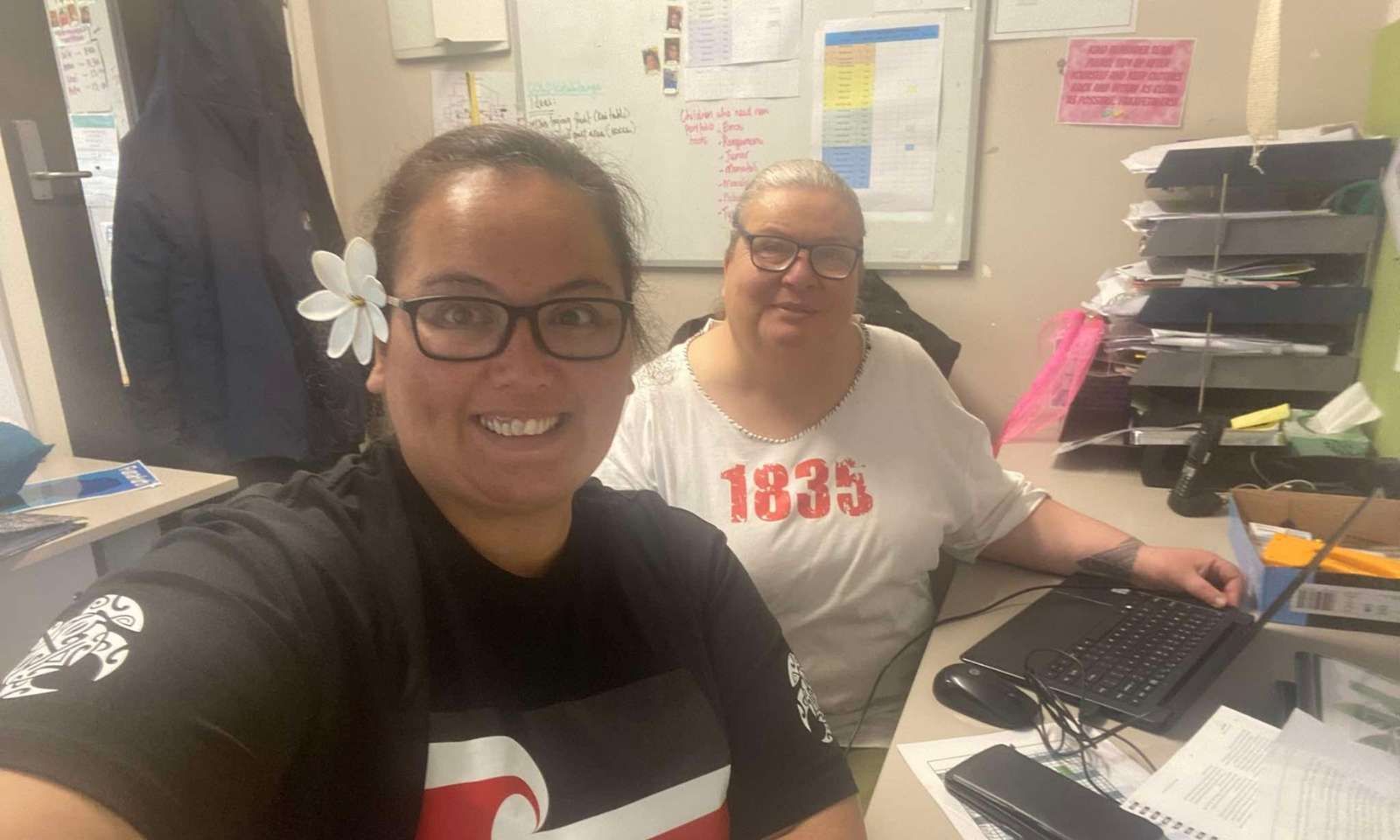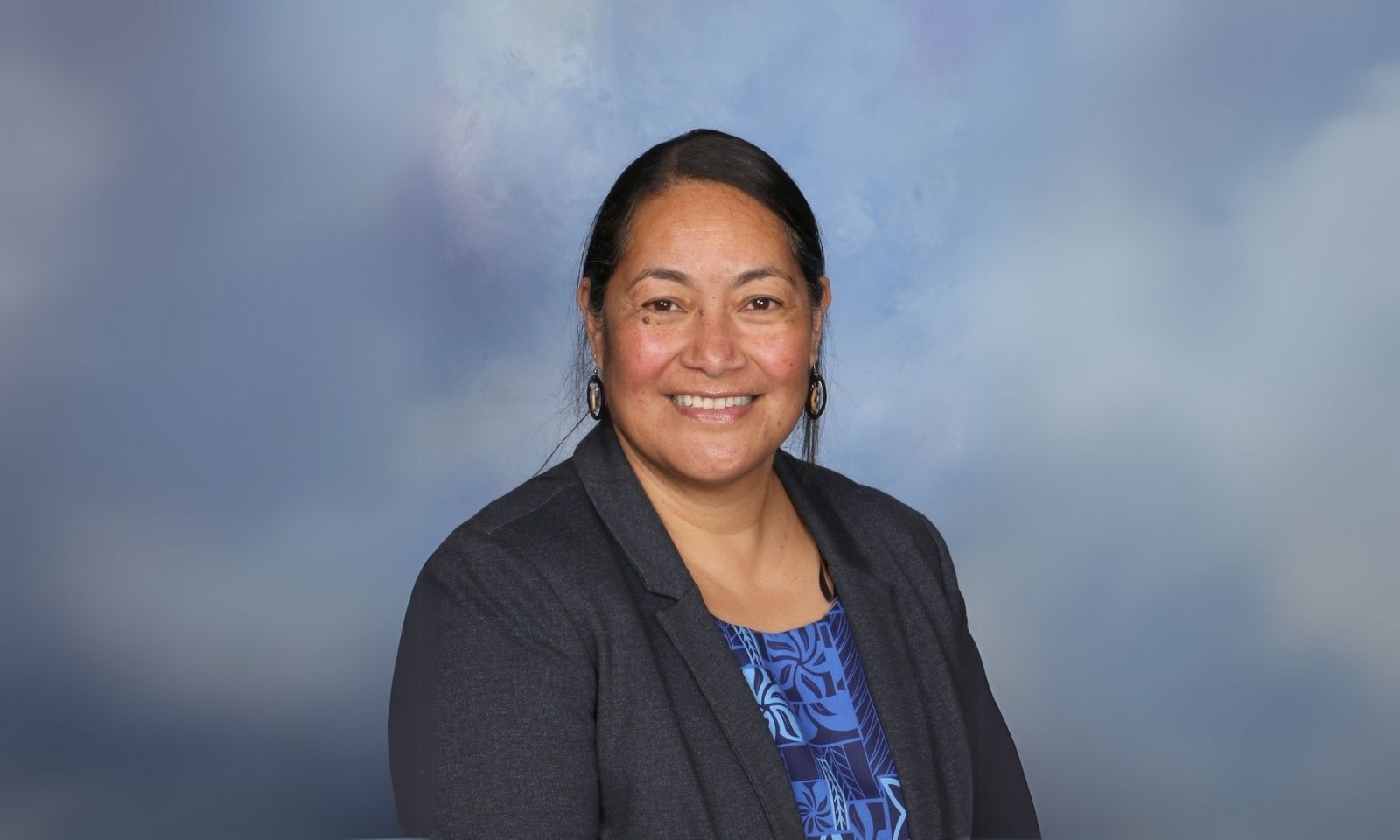

Some Pacific language resources that PELP provides.
Photo/Pasifika Early Literacy Project.
Educators decry funding cut to Pasifika Literacy Programme
Educators from Pacific bilingual units are disappointed by the decision to end funding for the Pasifika Early Literacy Project (PELP) a year early.





Heading off on a roadie? Here’s how to keep your car and whānau safe





Heading off on a roadie? Here’s how to keep your car and whānau safe
Educators and community leaders are deeply concerned over the Ministry of Education's (MoE) move to cut funding for a Pacific language programme, a year earlier than expected.
The Pasifika Early Literacy Project (PELP) was launched in 2014. It is designed to support reading and writing in two languages for Pasifika learners.
PELP provides dual-language books and learning materials in English and Pacific languages, such as Gagana Sāmoa, Lea FakaTonga, and Vagahau Niue.
Assistant Head Teacher Alana Nootai and Community Liaison Teacher Ngaretta Strong, both from Toru Fetū Kindergarten and Nuanua Kindergartens in Porirua, have been involved with PELP since its inception in 2014.
Nootai described the funding cut as "disheartening and disappointing".
"Just feeling for our children, tamariki, teachers, whānau, and our communities that have been involved in this project."
Nootai said PELP enriched children's literacy skills while fostering connections with their cultural heritage, whānau, and communities through their books.
She said PELP’s resources had changed parents’ perspective on their Pacific language, where grandparents also have PELP books as a staple in their home.
“Because they're able to read it to their grandchildren in the languages.
"It's a really important thing that we need to add into our children's learning every day about the language and the culture.”
Watch the educators’ full interview via 531pi’s FB below:
Proof in the pudding
Strong said a person's culture and identity could not be left "at the door".
She said PELP had been foundational in integrating cultural responsiveness into broader areas of their practice.
"For us, PELP has not just connected with literacy but also with all strands of our curriculum.
"It's increased the connections, the relationships and that is the key, the foundation."
Strong recalled one of their first fono (meetings) with PELP, which included workshop books, during which she initially questioned whether they needed the resources.
She later realised, "Yeah, we did".
"It was amazing - the research that was implemented into those workshop books.
"We took [those books] out, reflected, and then actioned it back into our community - very powerful.
"And yes, the funding for PELP will stop, but the horse has bolted - we've got that enrichment."

Alana Nootai (left) and Ngaretta Strong (centre-right). Photo /Supplied.
The educators are concerned that without PELP's continued expansion, other kindergartens will miss the opportunity to provide the same level of support for bilingualism and biliteracy.
"We've been given a gift, and that's why we're really quite emotional about it," Strong said.
"Why stop something that is just so culturally connected to our community?
"To be successful for our life-long learners is for their identity to be nurtured."
Compounding these concerns, Australia's aggressive lure of New Zealand's working sector has given early childhood teachers significant incentives.
NZHerald reported that one Australian state is offering relocation packages and bonuses worth up to AU$50,000 (NZ$55,200) to attract teachers.
Signs of systemic racism?
The decision to shorten PELP's funding has led to strong reactions from New Zealand's largest education union, NZEI Te Riu Roa. This union represents over 50,000 educators, including principals, teachers, and support staff.
In a letter to Education Minister Erica Standford, the union highlighted PELPs role in championing bilingualism and addressing barriers to inclusion and engagement of Pasifika whānau and tamariki.
Incoming NZEI Te Riu Roa General Membership Representative Tute Mila said the project helped mitigate the trauma of earlier generations who were barred from speaking their languages.
"The abrupt funding cuts to the project are indicative of systemic racism, where children's rights to have their languages, cultures, and identities validated in education are being undermined," she said.

Seletute (Tute) Mila. Photo /Arakura school.
Strong said the funding cut reflected systemic racism and promoted the "English way".
"When research has shown, and we know in our heart, that cultural connectedness is what makes people successful, it's not the curriculum on its own."
Nootai presented her letter to Education Minister Erica Stanford, which urged the government to reconsider the cuts.
"The PELP programme is not just a resource - it is a lifeline for our children and our communities," she wrote.
"Taking away this support and opportunity will be a disservice to the children, families, and communities who rely on it."
The MoE maintained that support for Pacific learners continued through other initiatives.
Upon PMN News' request to the MoE for comment, Julia Novak, General Manager of New Zealand Curriculum & Te Whāriki, responded below:
In 2023, the contract was extended for a further two years (to December 2025). After a Ministry wide cost savings review, investments to support Pacific education priorities were reviewed, it was decided to shorten the extension by a year (to November 2024).
The Ministry continues to provide a range of supports and resources for learning through Pacific languages, including Gagana Sāmoa, Lea FakaTonga, Vagahau Niue, Te Reo Māori Kuki ‘Airani and Te Gagana Tokelau.
In addition, the Ministry has continued to invest in Pacific learners, including through Tautai o le Moana which provides support to principals to lead their schools so that Pacific students and all students can achieve and succeed.
Tapasā builds the cultural capability of teachers so that they can contextualise teaching and learning for Pacific students. Some schools offer Pacific bilingual education which is supported through targeted PLD (Reo Moana) and the development of Pacific language resources.
Reo Moana lifts the capability of the Pacific Bilingual workforce so that all students in these settings experience quality curriculum in their Pacific languages.
The Ministry has delivered a wide range of texts for PELP that are still available for schools and early learning services and we are committed to making sure the right support is available for all learners, including Pacific learners, so that they progress and achieve.
"We thank NZEI for raising this matter and for their ongoing support of Pacific learners and Pacific-focussed PLD to improve educational outcomes for all Pacific learners.
"These supports equip the education teaching and leadership workforce with the skills and knowledge to best work with Pacific learners and lift progress and achievement outcomes in foundational areas, including literacy and numeracy."